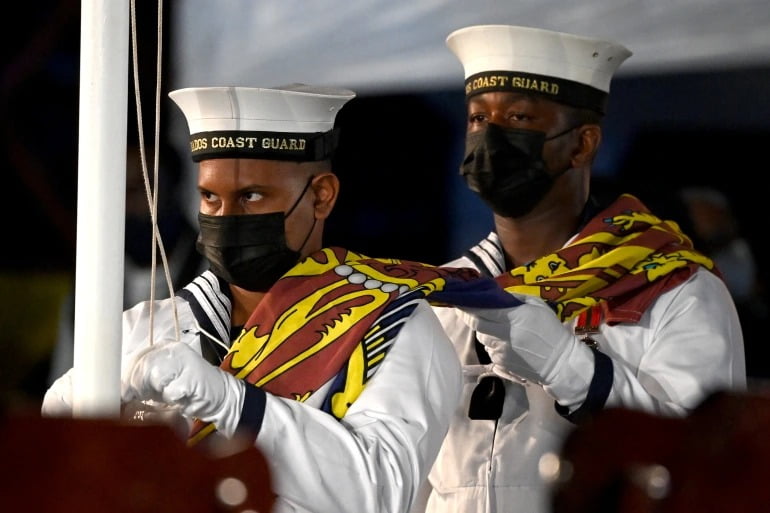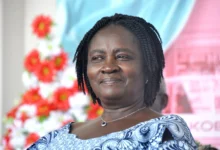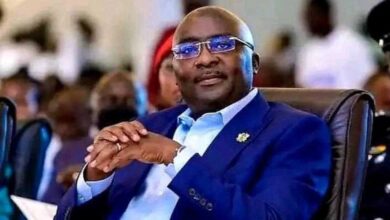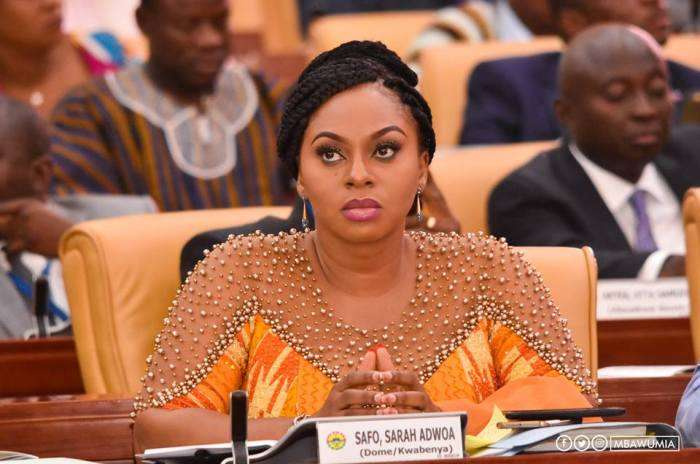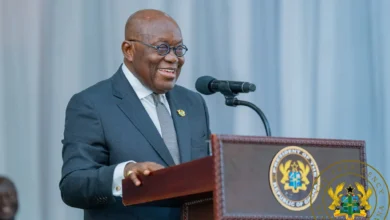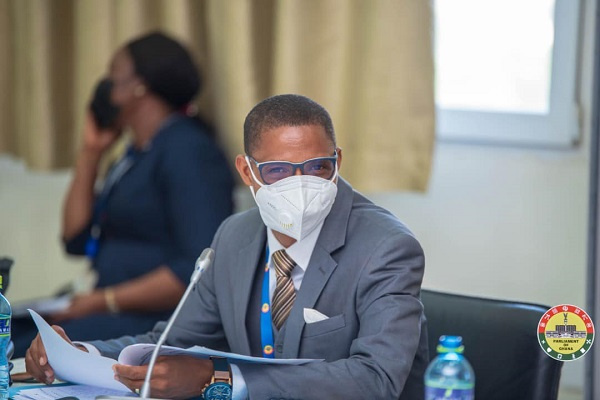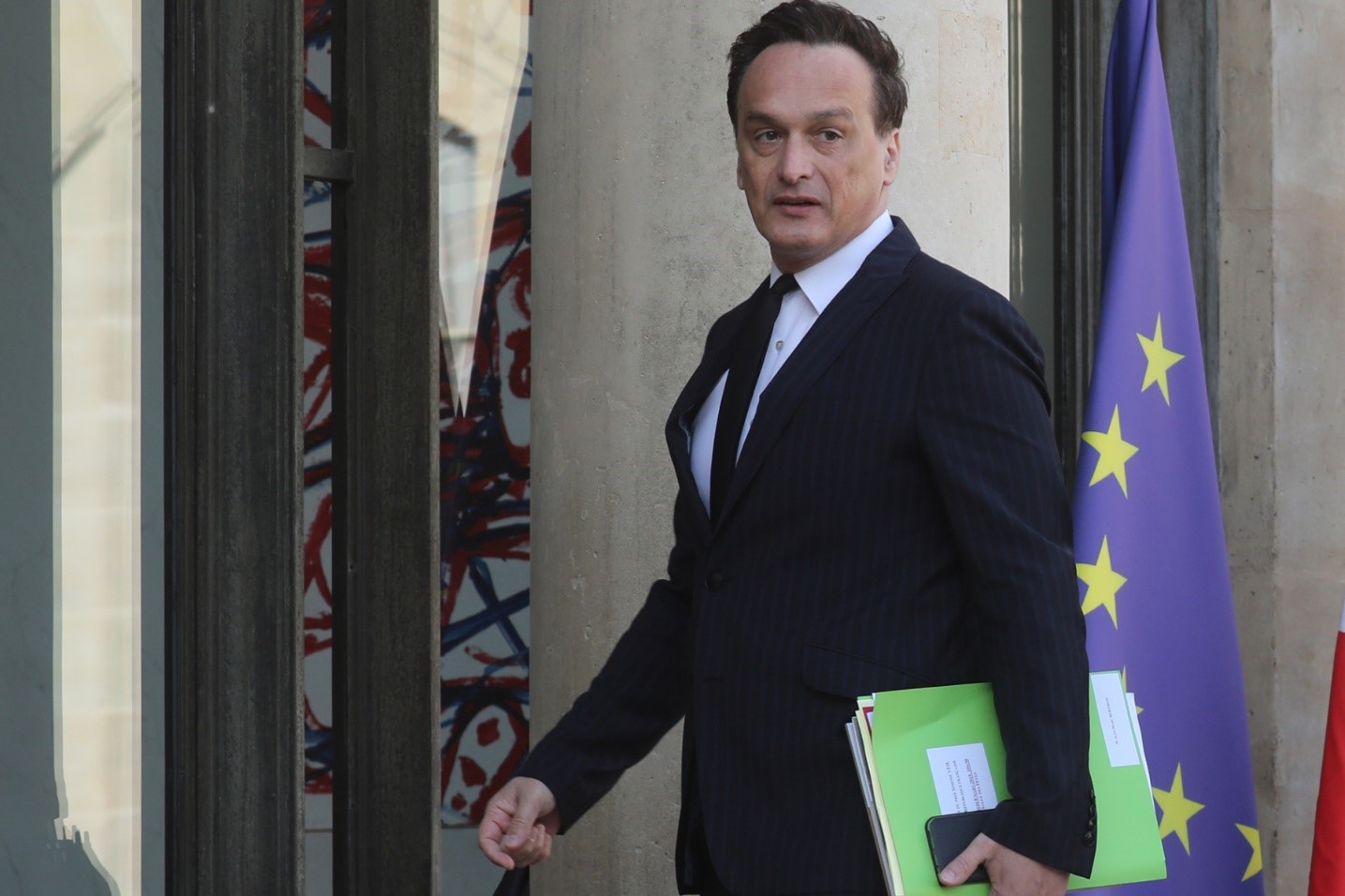The Full Story: Barbados Becomes A Republic, Relinquished British Power
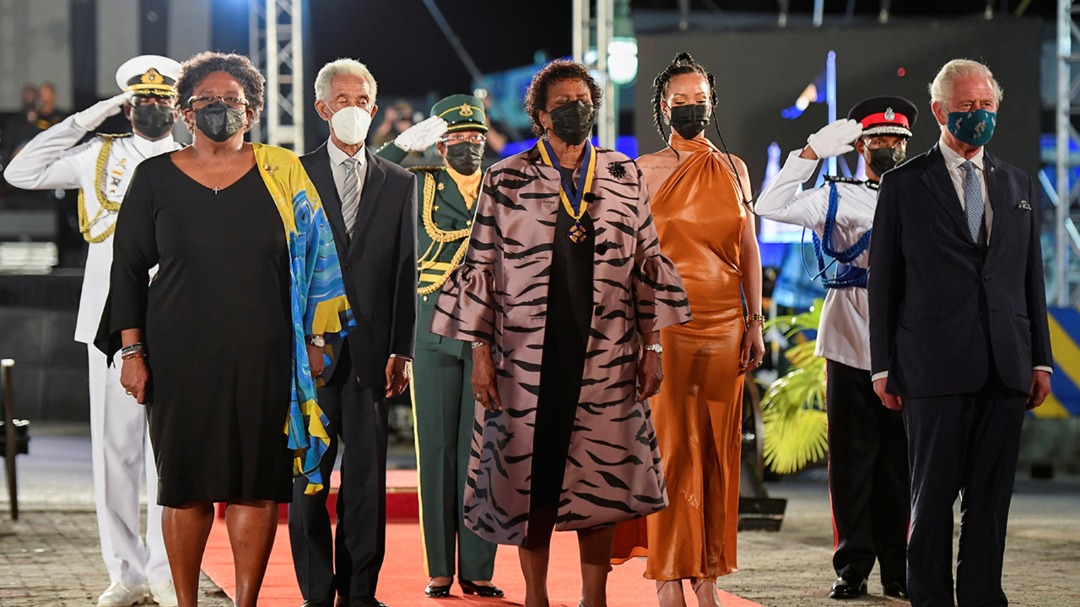
Barbados has become a republic, removing the British monarchy as the country’s head of state and dissolving the Caribbean island’s last remaining colonial ties over 400 years after the first English ships arrived.
At the stroke of midnight, hundreds of people lined Chamberlain Bridge in the capital, Bridgetown, to celebrate the birth of the new republic. The national anthem of Barbados was played over a crowded Heroes Square, and a 21-gun salute was fired.
The heir to the British monarchy, Prince Charles, stood solemnly as the royal banner was lowered and the new Barbados was announced, a measure republicans believe would spark consideration of similar ideas in other former British colonies where Queen Elizabeth II still reigns.
Sandra Mason was sworn in as Barbados’ first president in the shadow of Barbados’ parliament after a magnificent exhibition of Barbadian dance and song, complete with speeches hailing the end of colonialism.
Mason was elected by the country’s House of Assembly and Senate in a joint session last month.
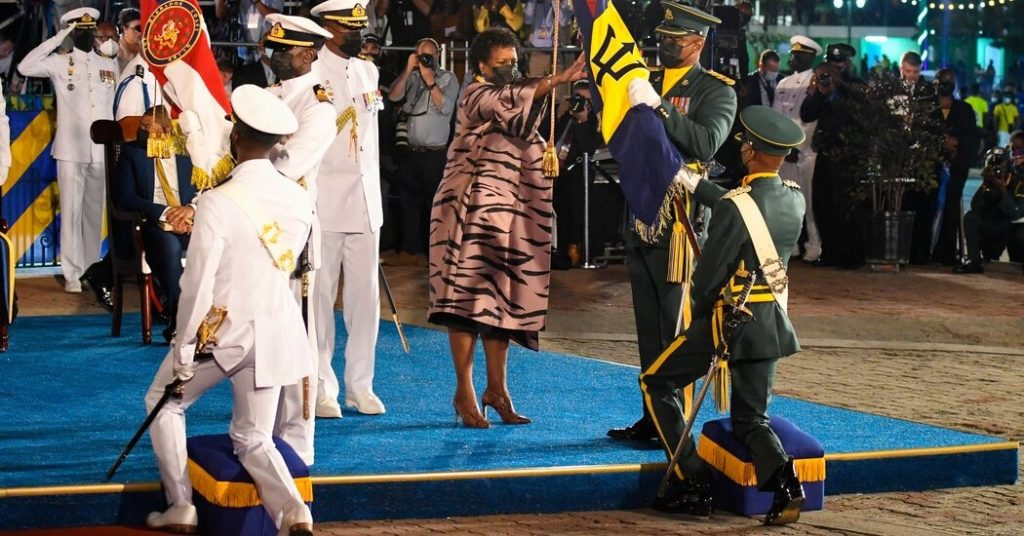
“Full stop this colonial page,” Winston Farrell, a Barbadian poet told the ceremony. “Some have grown up stupid under the Union Jack, lost in the castle of their skin.”
“It is about us, rising out of the cane fields, reclaiming our history,” he said. “End all that she means, put a Bajan there instead.”
Supporters of the transition say removing the British queen as Barbados’s head of state sends a powerful message.
“The time has come to fully leave our colonial past behind,” said Mason, who delivered the speech on behalf of Mottley in her then-role as governor-general. “Barbadians want a Barbadian head of state.”
Barbadians have been planning festivities for their new republic in Bridgetown, with Prince Charles slated to deliver a speech emphasizing that the island’s friendly links with the United Kingdom will continue despite the constitutional change.
“I am happy. We are on our own now with no king or queen from England,” Nigel Mayers, 60, who sells oranges in the city centre, told the Reuters news agency. “This is the full drop after independence.”
Barbados will remain a republic within the Commonwealth, a grouping of 54 countries across Africa, Asia, the Americas, and Europe.
But its withdrawal from the monarchy will bring the number of Commonwealth realms – countries that continue to have the queen as their head of state – to 15, including Australia, Canada, Jamaica, New Zealand, and Papua New Guinea.
The last country to renounce the Crown was the Indian Ocean island of Mauritius in 1992.
The Full Story: Barbados Becomes A Republic, Relinquished British Power
Experts believe Barbados’ decision will feed republicanism in other Commonwealth countries, particularly in Jamaica, where the two main political parties demand total independence from the queen.
Barbados’ choice, according to Joe Little, managing editor of London’s Majesty Magazine, was a “natural progression” of a trend that began with Queen Elizabeth II’s accession to the throne in 1952.
“I think inevitably it’s one that will continue, not necessarily in this current reign but in the next – and probably accelerate,” he told the AFP news agency.
An island of nearly 300,000 people, Barbados gained independence from the United Kingdom in 1966.
“This has been a long process,” independent political analyst Kevon Edey told Al Jazeera. “Barbados has been looking to go for full sovereignty even back at independence.”
Since the 1620s, when British immigrants converted it into a sugar colony reliant on the labour of thousands of enslaved Africans, the country has been under British sovereignty until 1834, when it was emancipated.
The UK has been called upon to compensate Barbados and other Caribbean islanders for their harsh histories.
However, the COVID-19 outbreak has harmed Barbados’ tourism-dependent economy, and some islanders claim that this is more concerning than the imminent constitutional change.
“I think everybody is more concerned with their dollar today and what that means for tomorrow, especially with prices of things going up,” Laurie Callender, a 43-year-old information technology specialist, told Reuters. “People are more talking about that, in my opinion.”
Source: Opemsuo.com/ Emmanuel Owusu Anti


